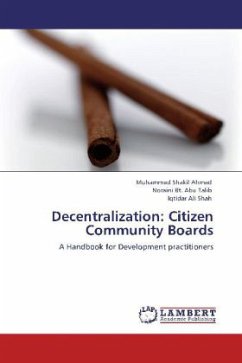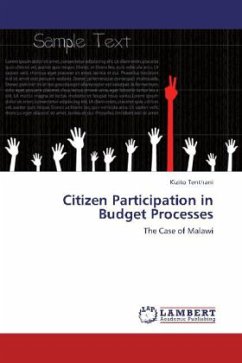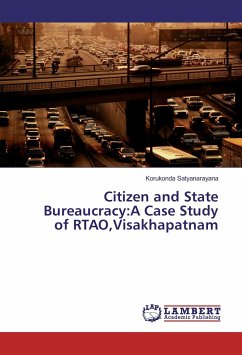Centralized governments all over the word are decentralizing fiscal, political and administrative responsibilities to lower-level government and private sector. Political pressure probably drives most of the decentralization efforts. But whatever the origins, decentralization can have repercussions for resource mobilization and allocation and ultimately for macroeconomic stability, service delivery and equity. Most of the literature on decentralization, normative or empirical, is based on industrial countries. Developing countries however have different institutional frameworks. This book focus on Decentralization, concepts of participatory development, Local government and community empowerment initiatives in Pakistan through Citizen Community Boards.
Bitte wählen Sie Ihr Anliegen aus.
Rechnungen
Retourenschein anfordern
Bestellstatus
Storno








